When it comes to the use of ingredients for specific dietary supplements or functional foods, there are indeed certain restrictions and regulations in place to ensure the safety and efficacy of these products.
In the realm of dietary supplements, these products are regulated by various authorities, such as the European Food Safety Authority (EFSA) in the European Union. They have established guidelines and regulations that dictate which ingredients can be used in dietary supplements and the allowed dosage levels. These regulations aim to safeguard consumer health and prevent the use of potentially harmful substances.
Functional foods, on the other hand, are subject to regulations that govern health claims and nutrient content claims. In the European Union, for instance, the use of health claims on food products is carefully regulated by the European Commission. A health claim refers to any statement suggesting a relationship between a food component, such as an ingredient, and a person’s health. These health claims must be scientifically substantiated and authorised by the appropriate regulatory bodies.
Therefore, it is crucial for manufacturers of dietary supplements and functional foods to adhere to these regulatory frameworks and ensure compliance with the stipulated requirements for ingredient usage and labelling.
I hope this sheds light on the restrictions and regulations governing the use of ingredients for specific dietary supplements and functional foods. Should you have any further inquiries or require more detailed information, please do not hesitate to approach me.
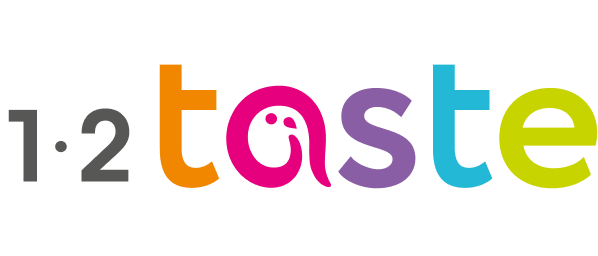



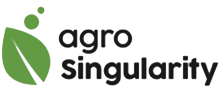 AgroSingularity
AgroSingularity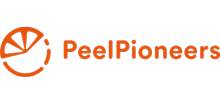 PeelPioneers
PeelPioneers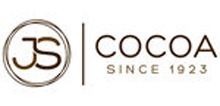
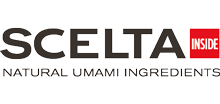 All products of
All products of 












